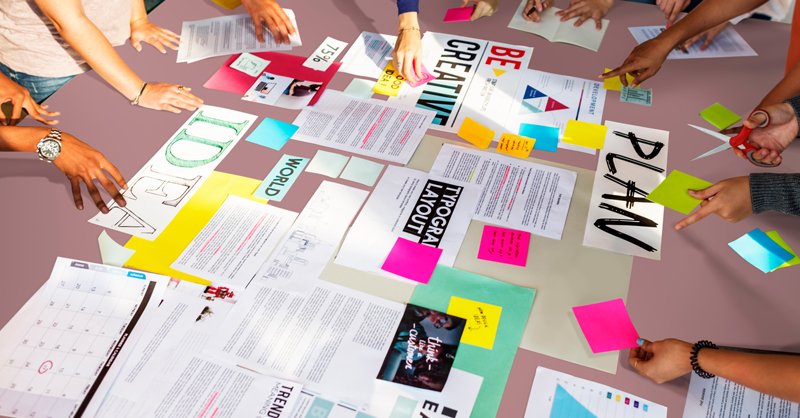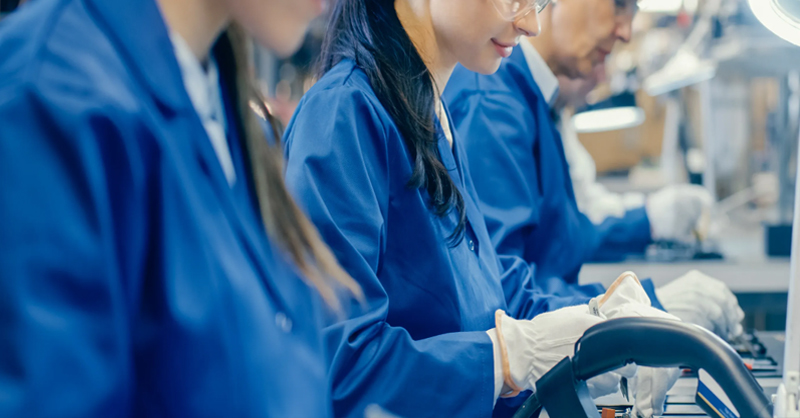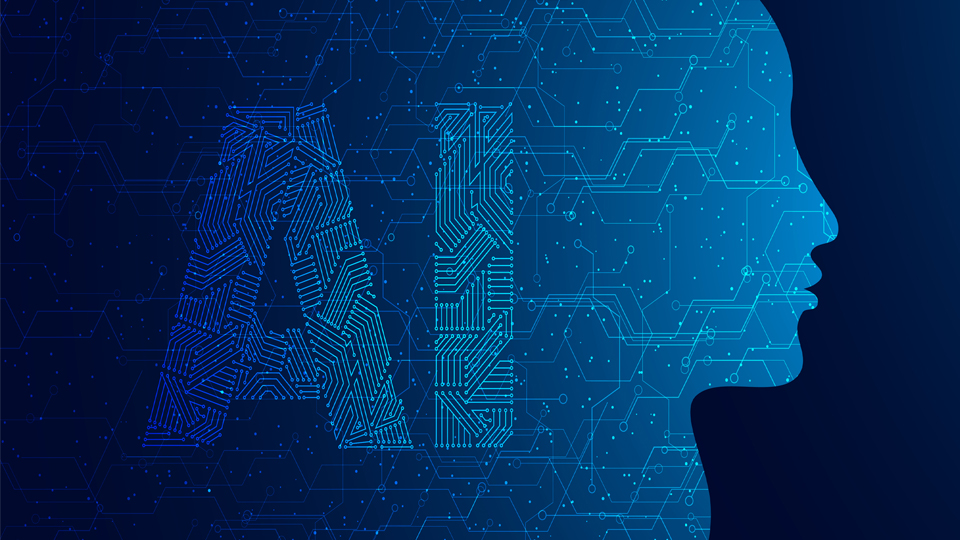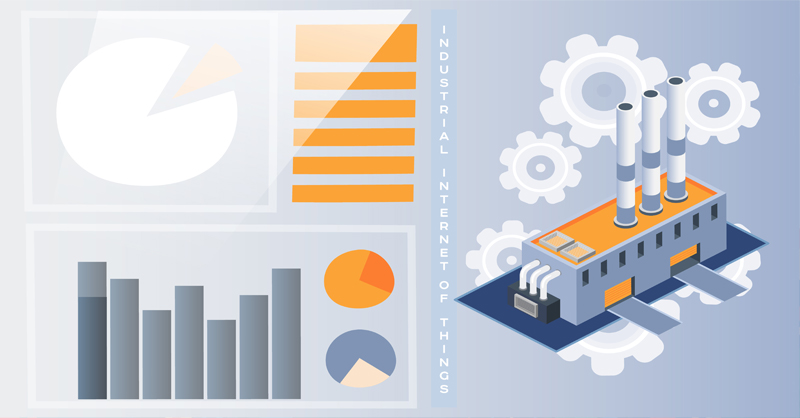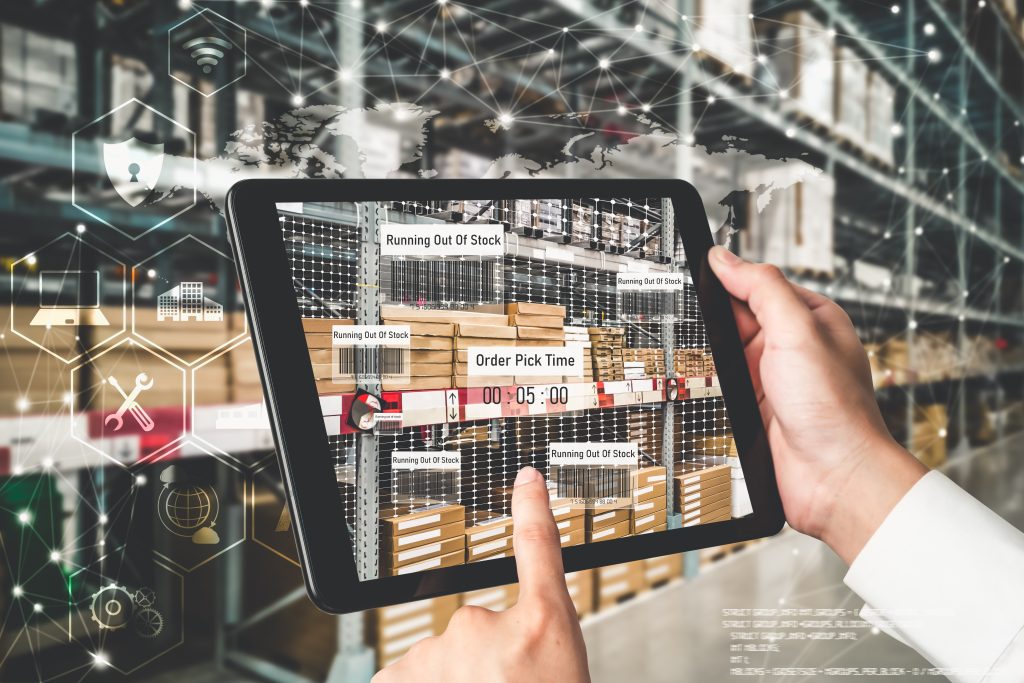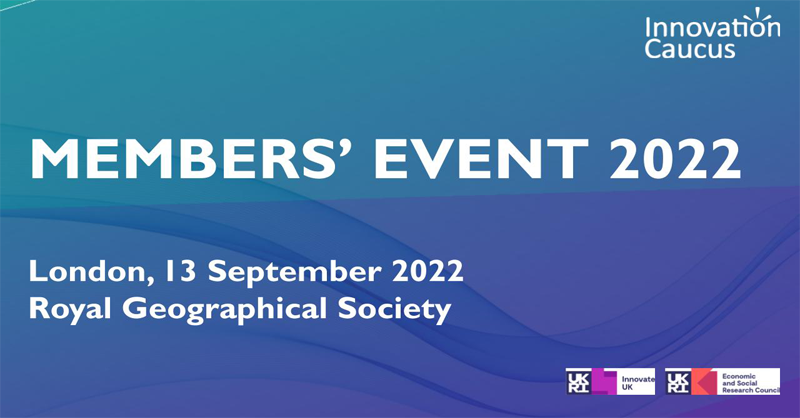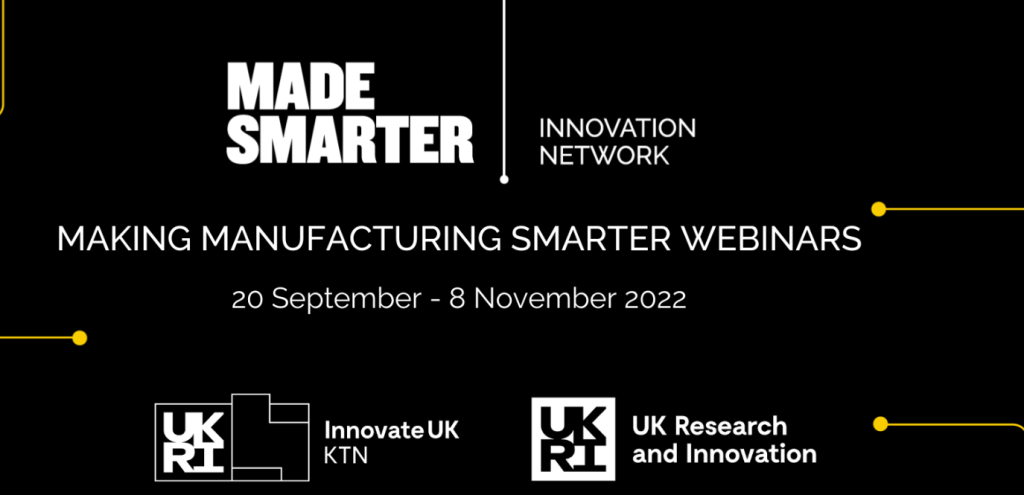‘Counting Backwards’ Co-Design Workshop
The purpose of this workshop is to bring manufacturing firms, policymakers, digital technology providers and academics together with the InterAct 'Future of Digital Manufacturing Ecosystems' team to co-design the digital roadmaps that enable the UK manufacturing industry to achieve improved productivity, sustainability, resilience, and wellbeing by 2040.
The InterAct team, in collaboration with Make UK and Midlands Engine, recently launched a joint research programme - ‘Future of Digital Manufacturing Ecosystems’. The project aims to identify the 'Vision 2040' for the UK manufacturing industry and develop digital roadmaps to support the transition.
Building on the current literature and 25+ expert interviews with industrialists, policymakers, digital technology providers and academic colleagues, 4 future scenarios and 12 visions have been identified that illustrates the desired futures for the UK manufacturing industry. This interactive workshop is designed to stimulate creative thinking and co-development of ideas. By the end of this workshop we will gain a much better understanding of how the digital technologies could support UK manufacturing moving towards the following scenarios:
- Scenario 1 – Productivity Powerhouse
- Scenario 2 – Flexibility as the Standard
- Scenario 3 – Sustainability Champion
- Scenario 4 – Happy and Sustainable Workforce
Agenda
Please arrive at the lobby/reception of the Premier Inn, Albert Dock by 9am to register.
09:00 - 09:15 Arrival and coffee
09:15 - 09:45 Welcome and an overview of the ‘Future of Digital Manufacturing Ecosystems Project’
09:45 - 12:15 Main workshop – Group activities
12:15 - 12:30 Final presentations
12:30 - 13:00 Concluding remarks
This workshop is free to attend and is principally targeted at manufacturing and digital technology industry representatives.

